The Psychology Of Clutter: Why We Hold On To Things
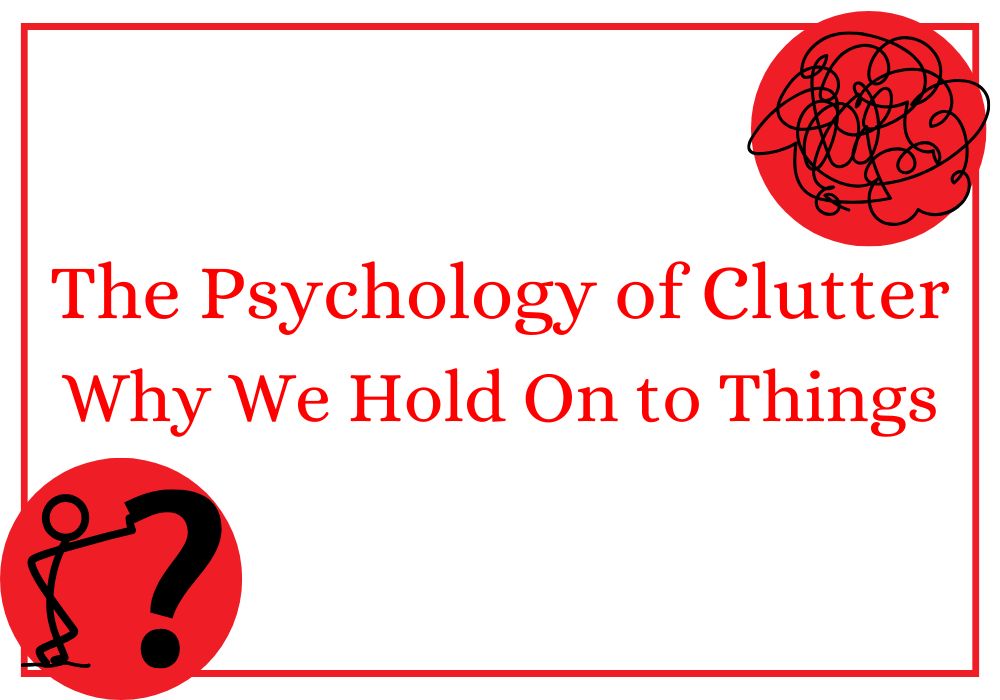
Introduction
Have you ever found yourself struggling to let go of old clothes, books, or sentimental items? You’re not alone. Many people hold on to things, even when they no longer serve a purpose. The psychology of clutter explores why we accumulate possessions and the emotional, psychological, and behavioral factors that make it difficult to part with them.
What is Clutter?
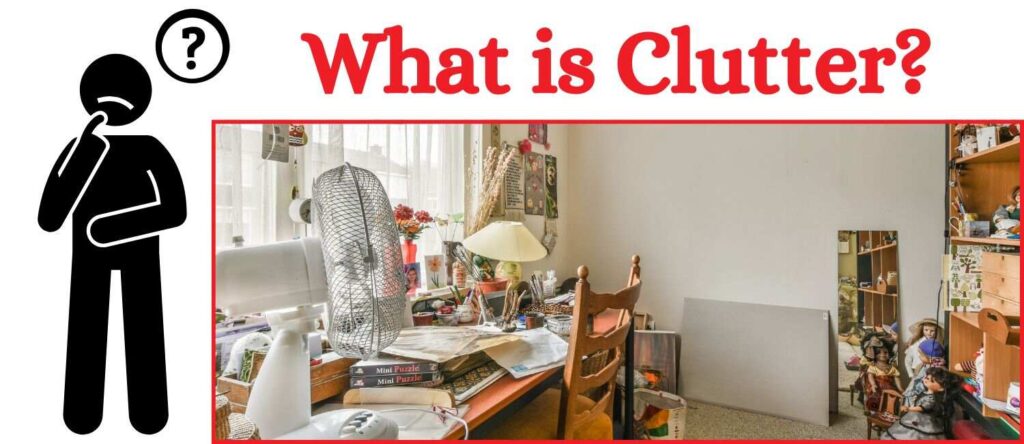
Clutter refers to an excessive number of possessions that create disorganization and stress. It can take many forms, including:
- Physical Clutter: Unused or unnecessary items filling up space.
- Digital Clutter: Excess emails, files, and photos on devices.
- Mental Clutter: Thoughts, worries, and information overload.
- Emotional Clutter: Unresolved emotions linked to past experiences.
Why Do People Hold on to Things?
Several psychological and emotional factors contribute to the difficulty of letting go:
Emotional Attachment
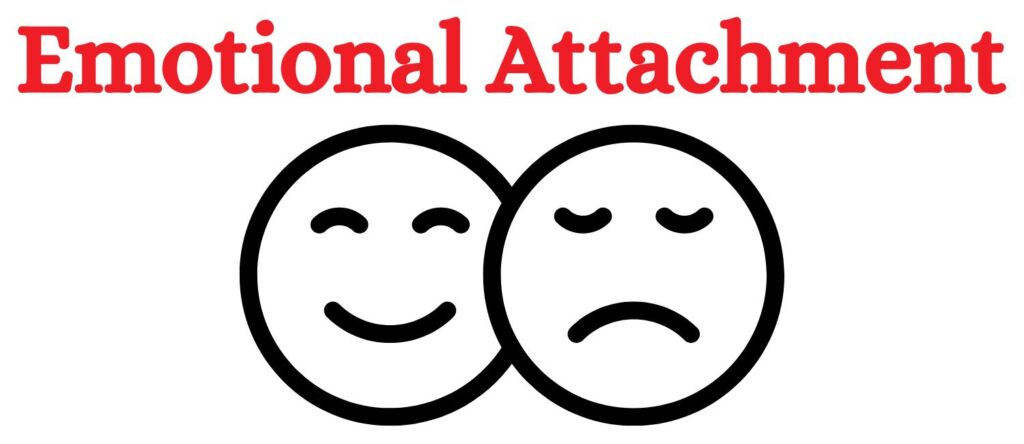
- Objects often hold sentimental value, linking us to memories, people, or important life events.
- Letting go feels like losing a part of ourselves or our past.
Fear of Regret
- Many people worry they might need an item in the future.
- The fear of making the wrong decision can lead to keeping things unnecessarily.
Identity and Self-Worth

- Belongings can symbolize success, identity, or aspirations.
- People associate possessions with their personal achievements or social status.
The ‘Just in Case’ Mindset
- Some hold onto items because they believe they might be useful one day.
- This mindset leads to an accumulation of unnecessary possessions over time.
Hoarding Tendencies
- Some individuals struggle with hoarding disorder, where they experience distress at the thought of discarding items.
- Hoarding is linked to anxiety, depression, and compulsive behaviors.
The Psychological Impact of Clutter
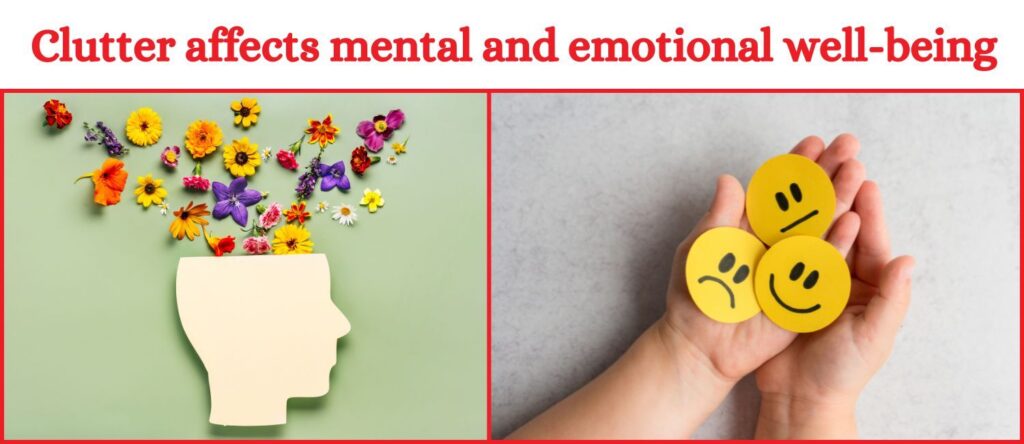
Clutter affects mental and emotional well-being in several ways:
| Impact | Description |
| Increased Stress | Clutter overwhelms the mind, making it difficult to relax. |
| Reduced Productivity | A cluttered environment leads to distractions and inefficiency. |
| Anxiety & Depression | Living in a cluttered space is linked to higher levels of stress hormones. |
| Poor Sleep Quality | A messy bedroom can interfere with relaxation and sleep. |
| Decision Fatigue | Too many items create choices, leading to mental exhaustion. |
How to Let Go: Steps to Declutter
Letting go of clutter can be challenging, but following a structured approach can make it easier.
Identify Clutter Triggers
- Ask yourself why you’re holding on to an item.
- Recognize emotional attachments and challenge irrational fears.
Categorize Your Items
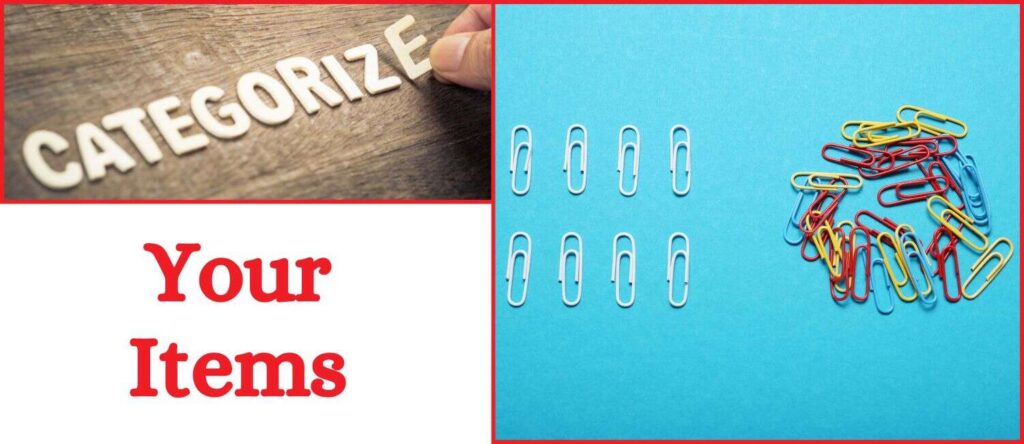
- Keep: Items used regularly and serve a purpose.
- Donate: Things in good condition that can benefit others.
- Recycle/Trash: Broken, outdated, or unusable items.
Use the ‘One-Year Rule’
- If you haven’t used something in the past year, consider letting it go.
- Exceptions include seasonal items and important documents.
Declutter in Small Steps
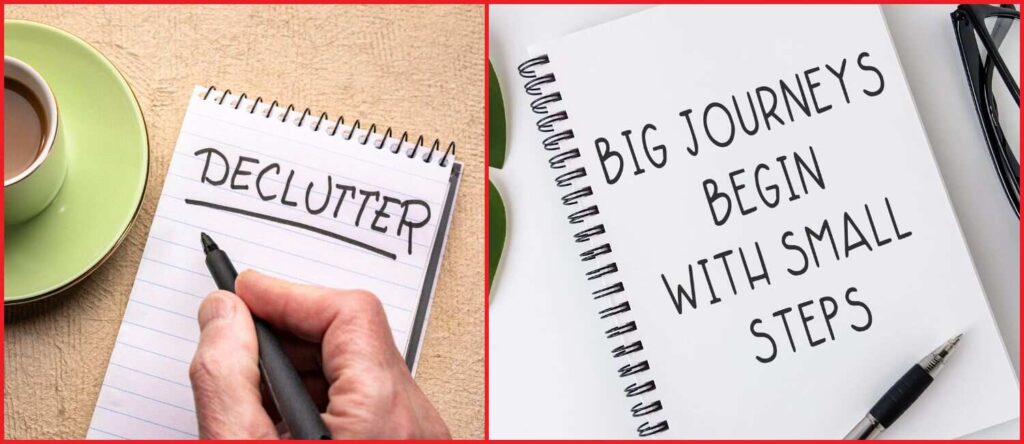
- Start with one room or category (e.g., clothes, books, kitchenware).
- Set a timer for 15–30 minutes per session to avoid burnout.
Create a Clutter-Free System
- Adopt a one-in, one-out rule (if you buy something new, remove one old item).
- Use labeled storage bins to keep things organized.
- Maintain regular decluttering habits, such as monthly clean-ups.
How Genuinely Organized Can Help
At Genuinely Organized, we understand that decluttering can be an overwhelming process. As a Premier Home Organization and Senior & Specialty Move Management service, we specialize in transforming spaces for families by clearing clutter, inviting calm, and teaching people simple ways to maintain order. Whether you need help with downsizing, organizing your home, or preparing for a major move, our expert team provides personalized strategies to make decluttering stress-free. Let us help you reclaim your space and create a more harmonious environment for you and your loved ones.
Benefits of Decluttering

Decluttering has significant psychological and physical benefits:
- Reduced stress and anxiety
- Increased productivity and focus
- Better sleep quality
- More space and cleaner environment
- Enhanced sense of control and clarity
FAQs About Clutter and Decluttering
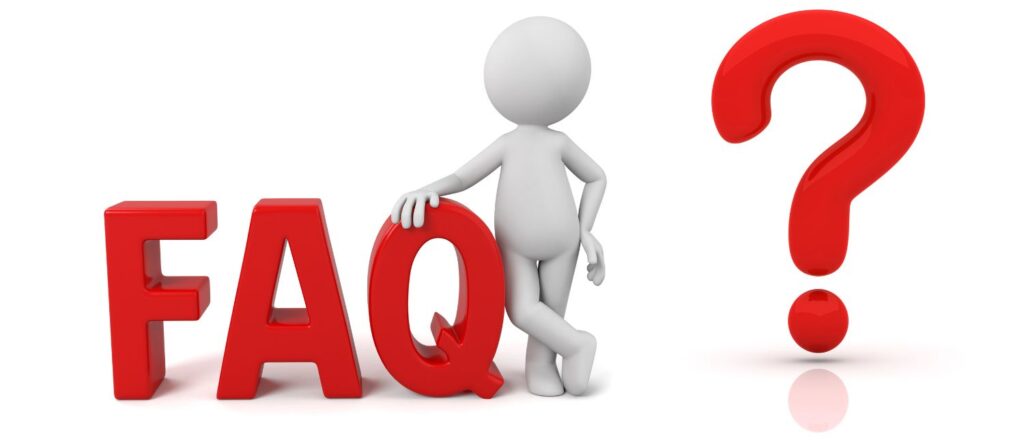
1. Why do I feel guilty throwing things away?
A: Guilt often stems from sentimental value, cost, or fear of waste. Remind yourself that donating or recycling can give items a second life.
2. How can I stop accumulating clutter?
A: Be mindful of your purchases, avoid impulse buying, and set decluttering goals.
3. Is keeping sentimental items bad?
A: No, but limit them to a reasonable amount. Keep a special box for the most meaningful ones.
4. What’s the best way to deal with paper clutter?
A: Digitize important documents and recycle unnecessary paper regularly.
5. How can I declutter without feeling overwhelmed?
A: Take it one step at a time. Start small, celebrate progress, and ask for help if needed.
6. Can decluttering improve my mental health?
A: Yes, a clutter-free space reduces stress and promotes a sense of calm.
7. What if I regret getting rid of something?
A: Remind yourself of why you let it go. If needed, take photos of sentimental items before donating them.
8. How do I help a family member who hoards?
A: Be patient, offer support, and encourage small decluttering steps. In severe cases, professional help may be necessary.
9. What’s the best method for decluttering?
A: Different methods work for different people. Try the KonMari Method, the 12-12-12 Challenge, or the Minimalist Game.
10. How often should I declutter?
A: Regular maintenance is key. Aim for a quick declutter session every month and a deep clean twice a year.
Conclusion
Understanding the psychology behind clutter helps us take control of our living spaces. By recognizing why we hold on to things and taking practical steps to declutter, we can create a more peaceful, organized, and stress-free environment. Start small, be mindful of what you keep, and enjoy the mental and physical benefits of a clutter-free life!